Impossible is nothing
A spirit of adventure
If we can master what's happening in our minds, we can master ourselves and, in doing so, achieve anything.
Peter van Kets (Professional adventurer/ Motivational speaker) – Imagine yourself alone in the middle of the Atlantic Ocean in a seven-metre rowing boat with at least 2 000 kilometres of water stretching into the distance on all sides. You have not seen another human in weeks. You're tired, your hands calloused and raw, with pressure sores on both sides of your bottom.
You are in a storm with your parachute anchor deployed - a desperate measure to stabilise your puny vessel amid massive ocean swells and battering winds - being tossed around like a cork in a rapid. You do your best to lie still in your cabin, barely bigger than a coffin, not knowing if you will survive.
You notice the laminated print-outs stuck to the roof of the cabin - messages from your wife and pictures of her and your daughter; motivational quotes of others like the great Muhammad Ali: “Impossible is just a big word thrown around by small men who find it easier to live in the world they've been given than to explore the power they have to change it. Impossible is not a fact. It's an opinion. Impossible is not a declaration. It's a dare. Impossible is potential. Impossible is temporary. Impossible is nothing.”
It was January 2010, and I was participating in the Woodvale Atlantic Rowing Race - an unsupported rowing race covering nearly 5 500 kilometres from the Canary Islands in the East to Antigua in the West. The storm lasted for six days. The moment described was one of great doubt but eventually one of great clarity. Can we really overcome the impossible? How do we overcome obstacles when the odds seem so heavily stacked against us? How do we achieve feats – in all areas of life – when the likelihood of success seems so distant?
My chosen job title is “adventurer”. To date, my three greatest feats are rowing the Woodvale Atlantic twice and trekking to the South Pole. I completed my first Atlantic crossing in 2007 and early 2008 with a friend, Bill Godfrey. Bill and I rowed in shifts - 90 minutes on and 90 minutes off, 24 hours a day, seven days a week for 50 days and 12 hours. There was not one second on that boat that one of us wasn’t rowing, except during one particularly bad storm and for half an hour on Christmas day when we decided to eat our Christmas lunch together and make a satellite call back home to our wives.
We endured four radical storms during the race - the final one lasting four days. Emerging from the storm and crossing the calm lagoon to the jetty, where we were greeted by hundreds of spectators - including South African friends and family who had flown all the way to support us - was one of the greatest highs of my life. We endured incredible hardship in the pursuit of our dream, which was to not only row across the Atlantic but to defy all odds and win the race – which we did! On the quayside that evening I promised Kim, my beautiful and long-suffering wife, that I would never do that again...
In 2010 I did do it again, this time on my own. I rowed in shifts of 90 minutes on and 90 minutes off - 24 hours a day, 7 days a week – for 76 days. One of my biggest challenges was keeping the boat headed in the right direction as much as I could while I rested. As hard and lonely as the row was, it was also a beautiful life-changing experience.
In January 2012 I joined up with Braam Malherbe – known for running the length of the Great Wall of China – to form a two-man South African team to take part in the Scott Amundsen Centenary Race to the South Pole. First came the 120-kilometre acclimatization trek, then the 768-kilometre race proper, which together formed an epic 888-kilometre polar odyssey. The Scott Amundsen is, in my opinion, the toughest endurance event on the planet - not because of its length, but because it is relentlessly dangerous. If you aren’t alert and quick enough to fix it, just one small mistake at any time during the race can result in the loss of fingers, toes, facial extremities, and even your life. Ultimately, we spent six hostile weeks in the Antarctic wilderness to complete the race.
In 2015 I joined up with a Norwegian adventurer for a dogsledding expedition deep into the Arctic Circle on the island of Svalbard and, in recent years, I have joined forces with photographer Jacques Marais for a series of five Beyond Expeditions into Africa, including a venture into Namibia.
I was never a great athlete during my school years. I am tall and skinny. I didn’t win any races or captain any rugby teams. Before signing up to do the race across the Atlantic, I had never rowed a stroke in my life. When Braam and I got together to race across Antarctica, the coldest temperature I’d ever experienced was -16°C and I had never cross-country skied – let alone skied in -45°C while pulling almost 120 kilograms on a sledge. People would often tell me I was boxing above my weight. Some thought – and told us – we were trying to achieve something impossible and that we were doomed to fail. But they were wrong. Bill and I won our race across the Atlantic, and Braam and I made it all the way to the South Pole - one of only three teams to do so out of seven that started.
Although I need to be physically fit and strong to do what I do, the key to success is always what happens inside my head. The body is an incredible thing - it can adapt to almost anything and it can go on forever. It’s your mind that stops you, giving up long before your body does. I experienced a classic example of this during both Atlantic crossings.
I was always at my lowest point around four o'clock in the morning. I would be absolutely exhausted, slumped over my oars, and thinking there was no way I could endure another 24 hours like the previous 24. But I knew I had something to look forward to that would motivate me during the darkest hours - the five-minute satellite phone calls home to Kim afterwards. I would spend the majority of that 4 a. m. shift planning my conversation.
After feeling like I could never survive another day like the previous one, I would speak to Kim, the sun would come up, and I would have breakfast. The change happened in my head.
What allows us to endure great hardship in the pursuit of attaining (or not attaining) our seemingly impossible dreams? I believe men (and women) have forgotten that we have been created with a deep need for adventure - woven deep into our souls.
Our modern and stressed yet physically comfortable lifestyles have led to a diminishing appetite for physical risk. We no longer see our lives as a grand adventure.
This spirit of adventure drives me - stemming from my years growing up in the hills around Windhoek. The very basic core of my living spirit is the passion for adventure and new experiences. For me, there is no greater joy than having an endlessly changing horizon, a new and different sun every day.
The conclusion that I have come to - having undertaken dozens of endurance adventure expeditions over the years and testing every limit in my body - is that we are able to achieve anything we want – dare I say, the "impossible”.
Before the start of every expedition, what energises me the most is the mental test I will have to endure. Will I be able to handle the physical pain, the separation from my wife and daughter, the loneliness, the fear, and the relentlessness of the journey? Will I be able to do all this while operating in a subconscious state? The answer is yes, because it has to be and because I know how. I have created a process for my life that allows me to dream, act on my dreams, and achieve them successfully and with significance.
The great dream for many mountaineers is to climb the seven highest mountains across the world’s seven continents and conquer the Seven Summits. One more summit, however, must, be conquered to get there: the eighth or personal summit, which happens inside your mind. Our ability to be significant and successful is about the internal expeditions we must all undertake to achieve our goals.
If we can master what’s happening in our minds, we can master ourselves and, in doing so, achieve anything. - www.petervankets.co.za; [email protected]
You are in a storm with your parachute anchor deployed - a desperate measure to stabilise your puny vessel amid massive ocean swells and battering winds - being tossed around like a cork in a rapid. You do your best to lie still in your cabin, barely bigger than a coffin, not knowing if you will survive.
You notice the laminated print-outs stuck to the roof of the cabin - messages from your wife and pictures of her and your daughter; motivational quotes of others like the great Muhammad Ali: “Impossible is just a big word thrown around by small men who find it easier to live in the world they've been given than to explore the power they have to change it. Impossible is not a fact. It's an opinion. Impossible is not a declaration. It's a dare. Impossible is potential. Impossible is temporary. Impossible is nothing.”
It was January 2010, and I was participating in the Woodvale Atlantic Rowing Race - an unsupported rowing race covering nearly 5 500 kilometres from the Canary Islands in the East to Antigua in the West. The storm lasted for six days. The moment described was one of great doubt but eventually one of great clarity. Can we really overcome the impossible? How do we overcome obstacles when the odds seem so heavily stacked against us? How do we achieve feats – in all areas of life – when the likelihood of success seems so distant?
My chosen job title is “adventurer”. To date, my three greatest feats are rowing the Woodvale Atlantic twice and trekking to the South Pole. I completed my first Atlantic crossing in 2007 and early 2008 with a friend, Bill Godfrey. Bill and I rowed in shifts - 90 minutes on and 90 minutes off, 24 hours a day, seven days a week for 50 days and 12 hours. There was not one second on that boat that one of us wasn’t rowing, except during one particularly bad storm and for half an hour on Christmas day when we decided to eat our Christmas lunch together and make a satellite call back home to our wives.
We endured four radical storms during the race - the final one lasting four days. Emerging from the storm and crossing the calm lagoon to the jetty, where we were greeted by hundreds of spectators - including South African friends and family who had flown all the way to support us - was one of the greatest highs of my life. We endured incredible hardship in the pursuit of our dream, which was to not only row across the Atlantic but to defy all odds and win the race – which we did! On the quayside that evening I promised Kim, my beautiful and long-suffering wife, that I would never do that again...
In 2010 I did do it again, this time on my own. I rowed in shifts of 90 minutes on and 90 minutes off - 24 hours a day, 7 days a week – for 76 days. One of my biggest challenges was keeping the boat headed in the right direction as much as I could while I rested. As hard and lonely as the row was, it was also a beautiful life-changing experience.
In January 2012 I joined up with Braam Malherbe – known for running the length of the Great Wall of China – to form a two-man South African team to take part in the Scott Amundsen Centenary Race to the South Pole. First came the 120-kilometre acclimatization trek, then the 768-kilometre race proper, which together formed an epic 888-kilometre polar odyssey. The Scott Amundsen is, in my opinion, the toughest endurance event on the planet - not because of its length, but because it is relentlessly dangerous. If you aren’t alert and quick enough to fix it, just one small mistake at any time during the race can result in the loss of fingers, toes, facial extremities, and even your life. Ultimately, we spent six hostile weeks in the Antarctic wilderness to complete the race.
In 2015 I joined up with a Norwegian adventurer for a dogsledding expedition deep into the Arctic Circle on the island of Svalbard and, in recent years, I have joined forces with photographer Jacques Marais for a series of five Beyond Expeditions into Africa, including a venture into Namibia.
I was never a great athlete during my school years. I am tall and skinny. I didn’t win any races or captain any rugby teams. Before signing up to do the race across the Atlantic, I had never rowed a stroke in my life. When Braam and I got together to race across Antarctica, the coldest temperature I’d ever experienced was -16°C and I had never cross-country skied – let alone skied in -45°C while pulling almost 120 kilograms on a sledge. People would often tell me I was boxing above my weight. Some thought – and told us – we were trying to achieve something impossible and that we were doomed to fail. But they were wrong. Bill and I won our race across the Atlantic, and Braam and I made it all the way to the South Pole - one of only three teams to do so out of seven that started.
Although I need to be physically fit and strong to do what I do, the key to success is always what happens inside my head. The body is an incredible thing - it can adapt to almost anything and it can go on forever. It’s your mind that stops you, giving up long before your body does. I experienced a classic example of this during both Atlantic crossings.
I was always at my lowest point around four o'clock in the morning. I would be absolutely exhausted, slumped over my oars, and thinking there was no way I could endure another 24 hours like the previous 24. But I knew I had something to look forward to that would motivate me during the darkest hours - the five-minute satellite phone calls home to Kim afterwards. I would spend the majority of that 4 a. m. shift planning my conversation.
After feeling like I could never survive another day like the previous one, I would speak to Kim, the sun would come up, and I would have breakfast. The change happened in my head.
What allows us to endure great hardship in the pursuit of attaining (or not attaining) our seemingly impossible dreams? I believe men (and women) have forgotten that we have been created with a deep need for adventure - woven deep into our souls.
Our modern and stressed yet physically comfortable lifestyles have led to a diminishing appetite for physical risk. We no longer see our lives as a grand adventure.
This spirit of adventure drives me - stemming from my years growing up in the hills around Windhoek. The very basic core of my living spirit is the passion for adventure and new experiences. For me, there is no greater joy than having an endlessly changing horizon, a new and different sun every day.
The conclusion that I have come to - having undertaken dozens of endurance adventure expeditions over the years and testing every limit in my body - is that we are able to achieve anything we want – dare I say, the "impossible”.
Before the start of every expedition, what energises me the most is the mental test I will have to endure. Will I be able to handle the physical pain, the separation from my wife and daughter, the loneliness, the fear, and the relentlessness of the journey? Will I be able to do all this while operating in a subconscious state? The answer is yes, because it has to be and because I know how. I have created a process for my life that allows me to dream, act on my dreams, and achieve them successfully and with significance.
The great dream for many mountaineers is to climb the seven highest mountains across the world’s seven continents and conquer the Seven Summits. One more summit, however, must, be conquered to get there: the eighth or personal summit, which happens inside your mind. Our ability to be significant and successful is about the internal expeditions we must all undertake to achieve our goals.
If we can master what’s happening in our minds, we can master ourselves and, in doing so, achieve anything. - www.petervankets.co.za; [email protected]


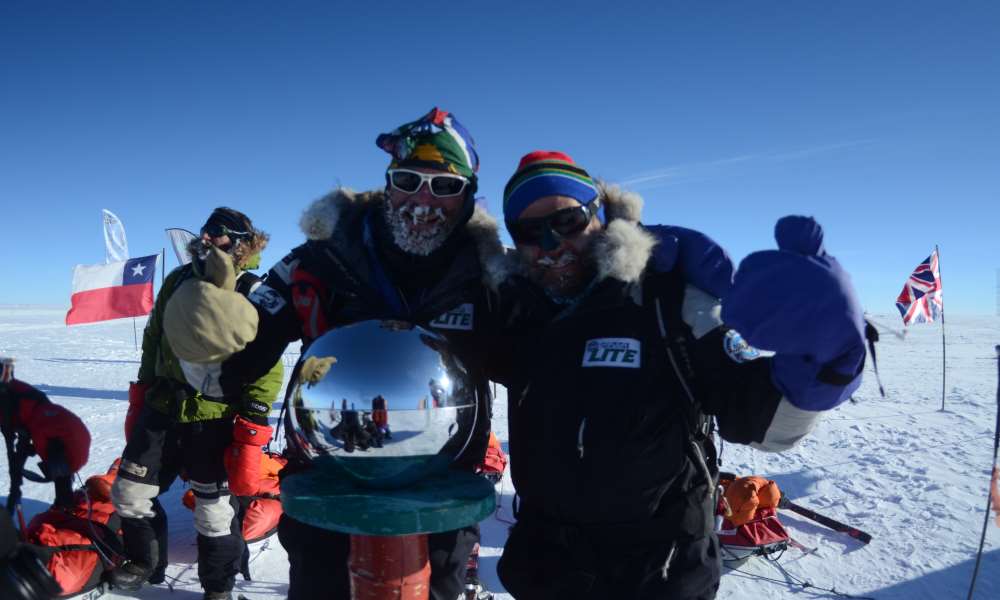
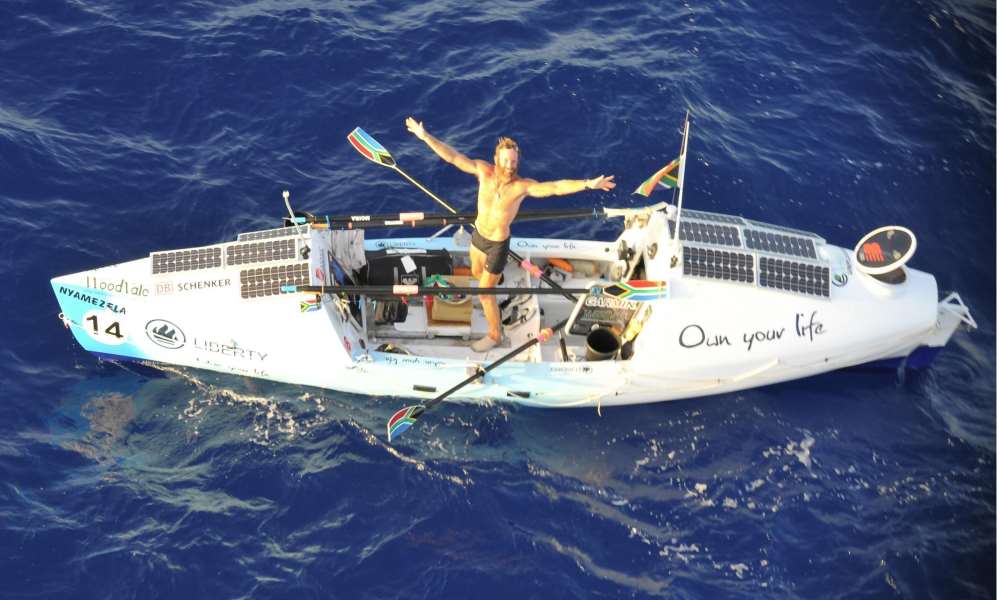
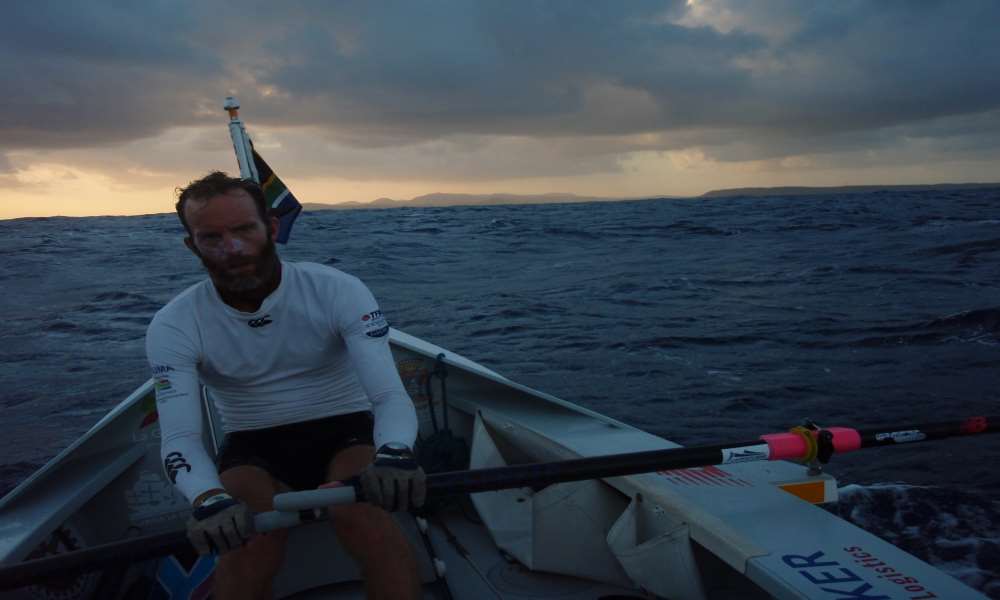
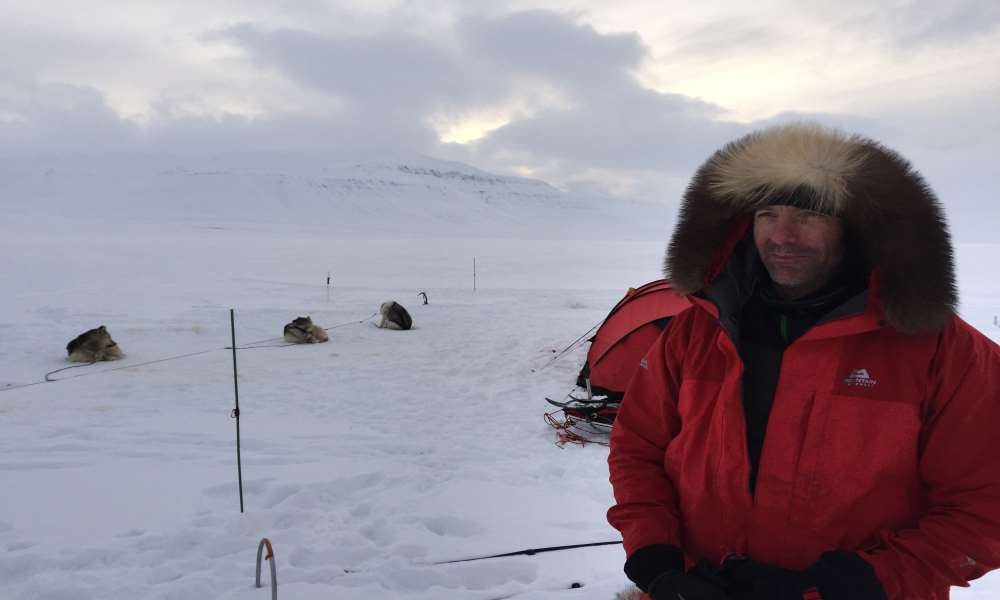
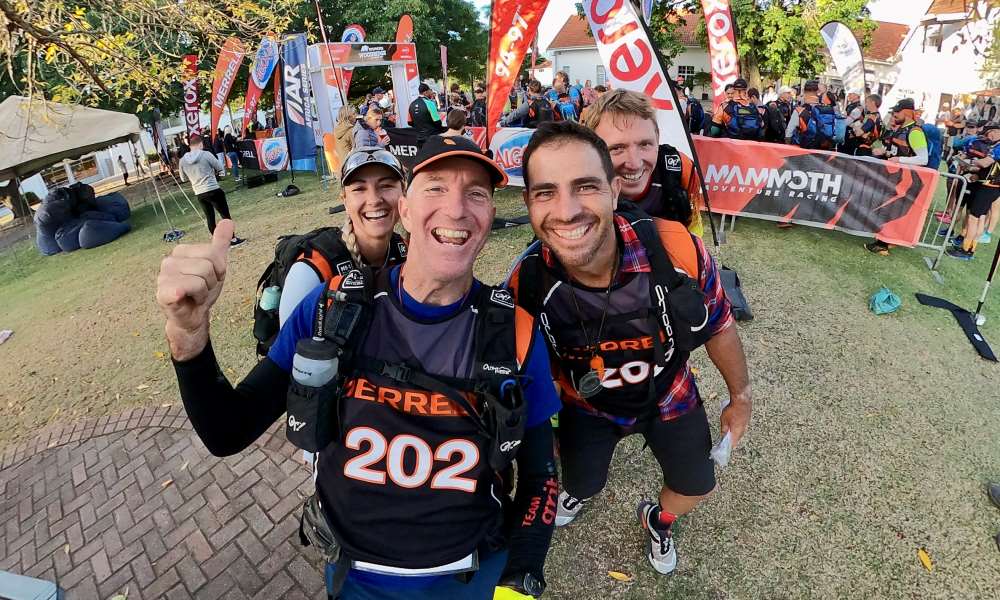
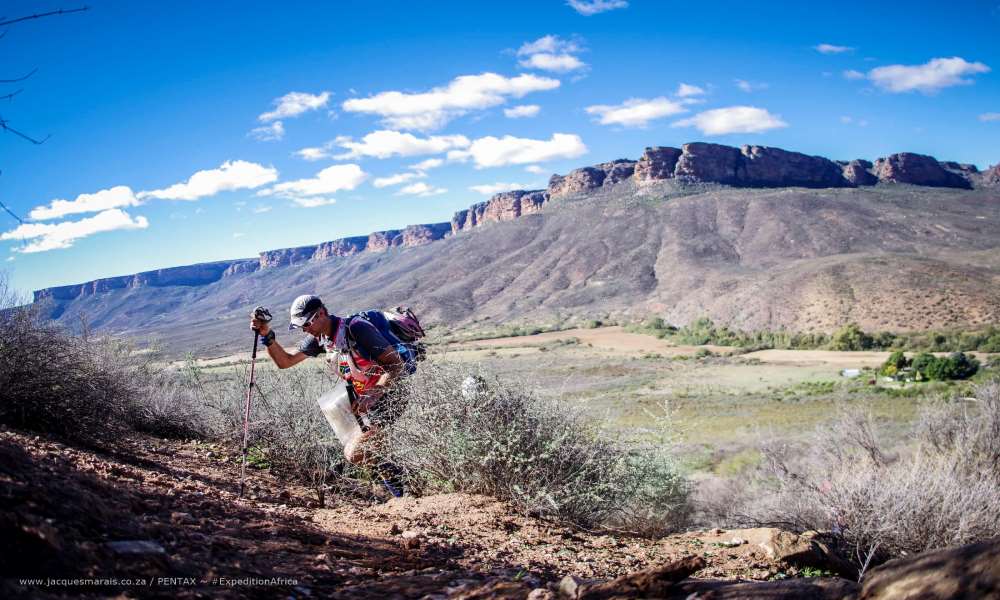
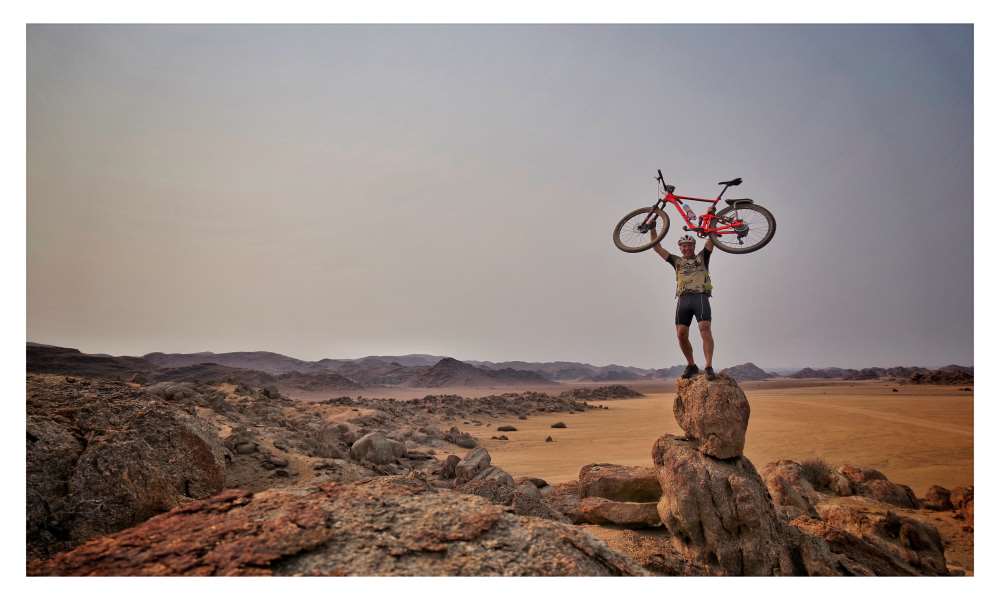
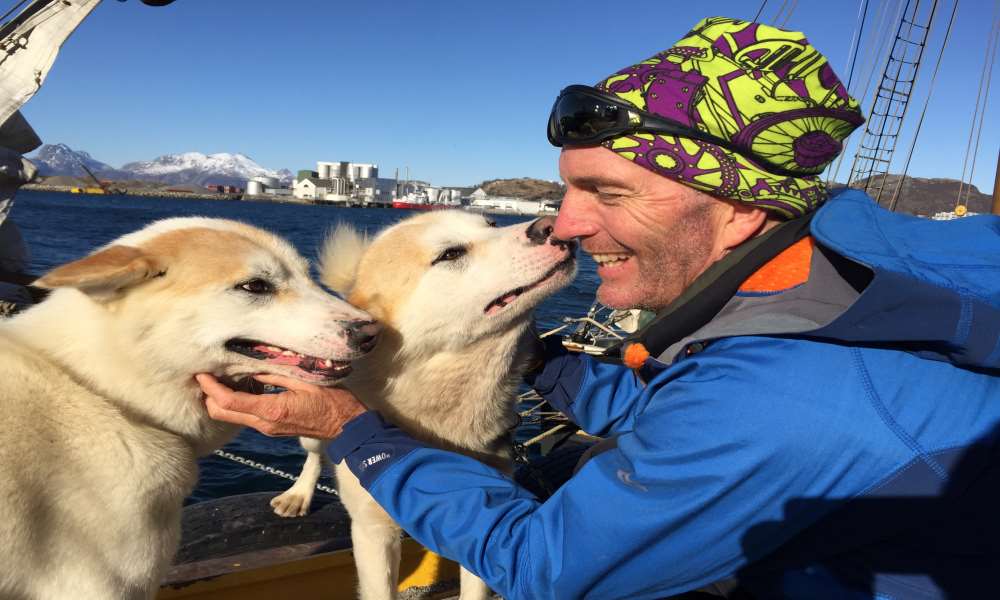

Kommentaar
Republikein
Geen kommentaar is op hierdie artikel gelaat nie